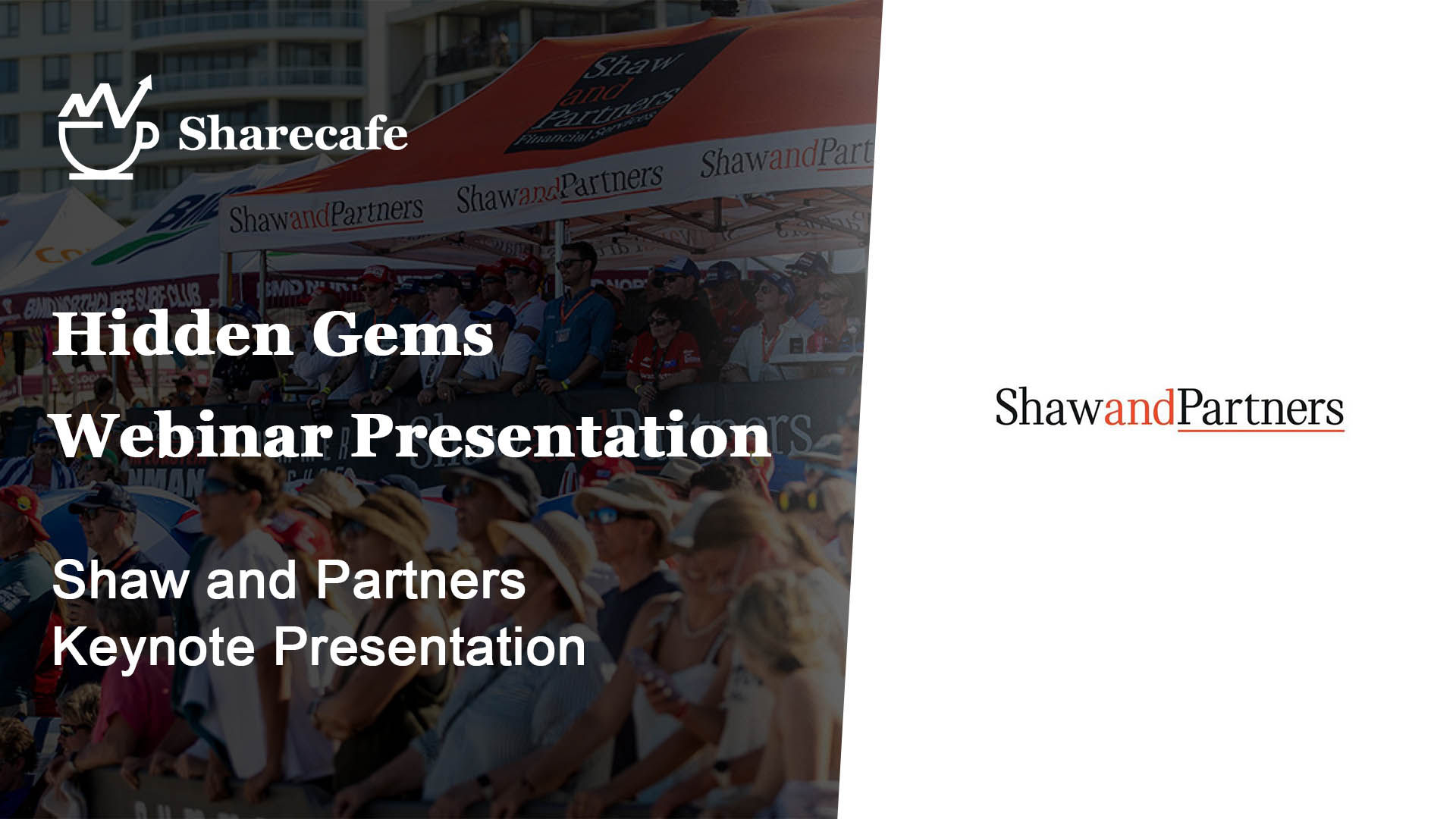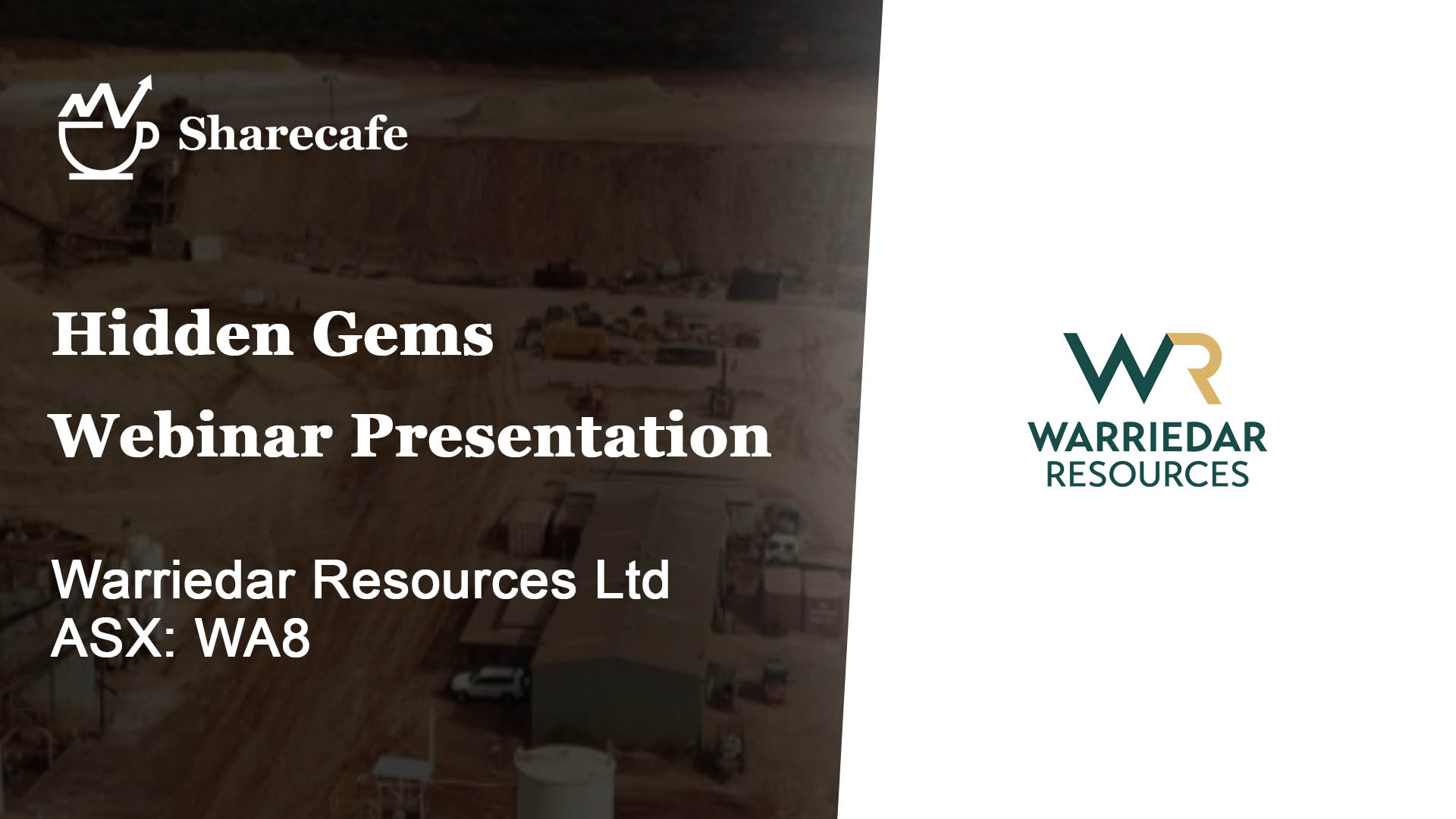The once-mighty but now very troubled wealth manager AMP has gone on bended knee to the investment community to ask for $650 million to help it remain afloat.
That is the bottom line from Thursday morning’s shock announcement from the company of massive losses, huge outflows of investor funds and a share issue which will be done at a discounted $1.78 a share.
The AMP wants the massive capital raising to fund a re-do the deal to sell its life insurance business to Resolution Life, a sale that was killed off by opposition from the Reserve Bank of NZ.
The sale and $2.5 billion in cash will be very much needed after posting a $2.2 billion-plus loss for the first half of the year.
Smaller shareholders will be offered the chance to buy up to 415,000 each but given the poor publicity, big votes against the company’s remuneration report at the 2018 annual meeting and the sharp slide in the share price in the past 18 months, don’t expect too many to step forward and buy.
AMP requested a trading halt on Thursday so it could to raise $650 million from investors. The suggestion of an issue from the company – which is one of the biggest victims of the royal commission into banking and financial matters.
The loss was in part driven by a $2.35 billion non-cash impairment charge that AMP has booked to launch a new strategy to focus on improving its wobbly troublesome planning arm.
AMP also recorded massive outflows from AMP’s Australian wealth management arm of $3.1 billion in the first half 2019. That outflow matched the one in the second half of 2018.
AMP blamed the continuing high outflow on a range of factors “ including the impact of AMP’s appearance at the Royal Commission in 2018”. that appearance was only due to the company’s weak management and board oversight allowing discredited practices to continue including the depredation of client accounts and funds.
CEO Francesco De Ferrari said the capital raising and write-downs would allow AMP to de-risk its business.
“The capital raising and the AMP Life sale will provide the funds to implement immediately our new transformational strategy, which creates a simpler, higher growth and higher-return AMP that’s focused on clients and ensures that our balance sheet will be unquestionably strong.”
AMP’s capital raising will be at a 15.7% discount to the company’s five-day volume-weighted average price of $1.78.
Meanwhile AMP and UK group, Resolution Life have redone the earlier sale deal that collapsed when opposed by the Reserve Bank of NZ.
AMP said the revised agreement delivers a consideration of $3.0 billion comprising $2.5 billion cash; and $500 million equity interest (expected to be around 20%) in Resolution Life Australia, a new Australian-domiciled, Resolution Life-controlled holding company that will become the owner of AMP Life.
“Resolution Life will be on risk for all experience and lapse losses from 1 July 2018 until completion and is entitled to all AMP Life net earnings during that period. The sale is now expected to complete in 1H 20. AMP will continue to report the results of AMP Life through to completion of the transaction,” AMP said.
The deal still needs regulatory approval in Australia, NZ, and China. The RBNZ will require the NZ assets to be ring-fenced, as it demanded before. Basing the new company in Australia instead of in Bermuda will make it easier to get approval.
As previously announced AMP will not be paying a first half 2019 dividend, “maintaining a consistent approach to capital management until the completion of the sale of AMP Life.”
“Following completion, the Board intends to target a dividend payout ratio of 40-60 percent of net profit after tax adjusted for non-cash items.
“The payment of any dividend will remain subject to the performance of the group and progress against the new strategy,” directors cautioned.













